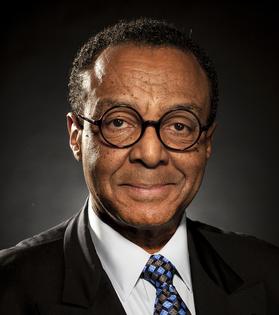Who’s Afraid of Critical Race Theory? Those Who Don’t Know What It Is
Amid rising attacks against a line of academic debate called “critical race theory,” I was surprised to see a Black state lawmaker from Chicago’s West Side, La Shawn Ford, introduce a bill calling for its inclusion in police officer training.
As a practical matter, I’d rather see, for example, more violence de-escalation training to help officers avoid shooting unarmed suspects. Just a thought.
“Critical race theory,” or CRT, has become a trigger term for politicians, activists and media voices, particularly on the right wing where it’s competing with “cancel culture” on the hit parade of things we are all supposed to be angry about or afraid of — or both.
But the political allure of the term is understandable, considering how often it has been appearing in the fevered narratives of conservative media and Red State politicians. Texas, Tennessee, Oklahoma, Idaho, Arkansas and Arizona have either passed or are working on bills that would drop CRT or anything that looks like it from public schools curricula.
That’s a lot of agitation over an esoteric school of thought found mostly in graduate schools and law schools.
CRT has emerged gradually since the 1970s as an academic movement of civil rights scholars and activists to challenge mainstream liberal approaches to racial justice.
Among other pioneers of the CRT movement, legal scholar Kimberlé Crenshaw has called it an evolving practice that questions how race, as a social construct, perpetuates a caste system that relegates people of color to the bottom tiers.
The argument has some merit, but, optimist that I am, I also agree with critics who say that CRT too often elevates storytelling over evidence and reason and devalues the racial progress that Americans have made, despite the challenges that remain.
Unfortunately, that robust academic debate is widely confused and easily exploited in the political world.
The conservative critique was captured well by Kathy Valente, director of operations for the Illinois Family Institute, who wrote in a letter to the Naperville Sun (one of the Chicago Tribune’s suburban publications) after some state lawmakers proposed including critical race theory and The New York Times’ 1619 Project into the state’s teacher training and public school classrooms.
...continued
(c) 2021 CLARENCE PAGE DISTRIBUTED BY TRIBUNE MEDIA SERVICES, INC.







